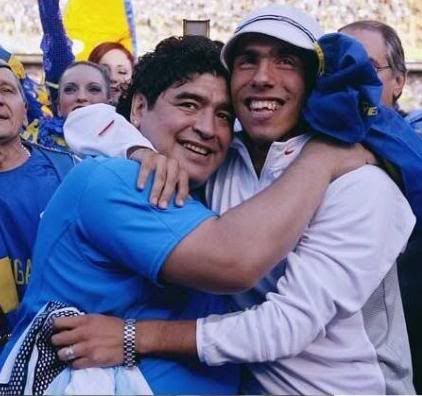Braggster
Well-Known Member
Interesting point. I read an article by Jonathan Wilson not too long ago talking about how every team that had employed a false 9, including United with Tèvez, had had success-but how, in the end, the manager had abandoned the system (and thus the player), despite its wild success.
Interesting theory. I think it's because the role is such a huge departure from the orthodox, and ultimately a great leap of faith by the manager, who abandons a lot of (perhaps illusory) control over events. Even if successful, that psychological leap is too much for almost all managers in the end. Even the very best ones.
Interesting theory. I think it's because the role is such a huge departure from the orthodox, and ultimately a great leap of faith by the manager, who abandons a lot of (perhaps illusory) control over events. Even if successful, that psychological leap is too much for almost all managers in the end. Even the very best ones.

